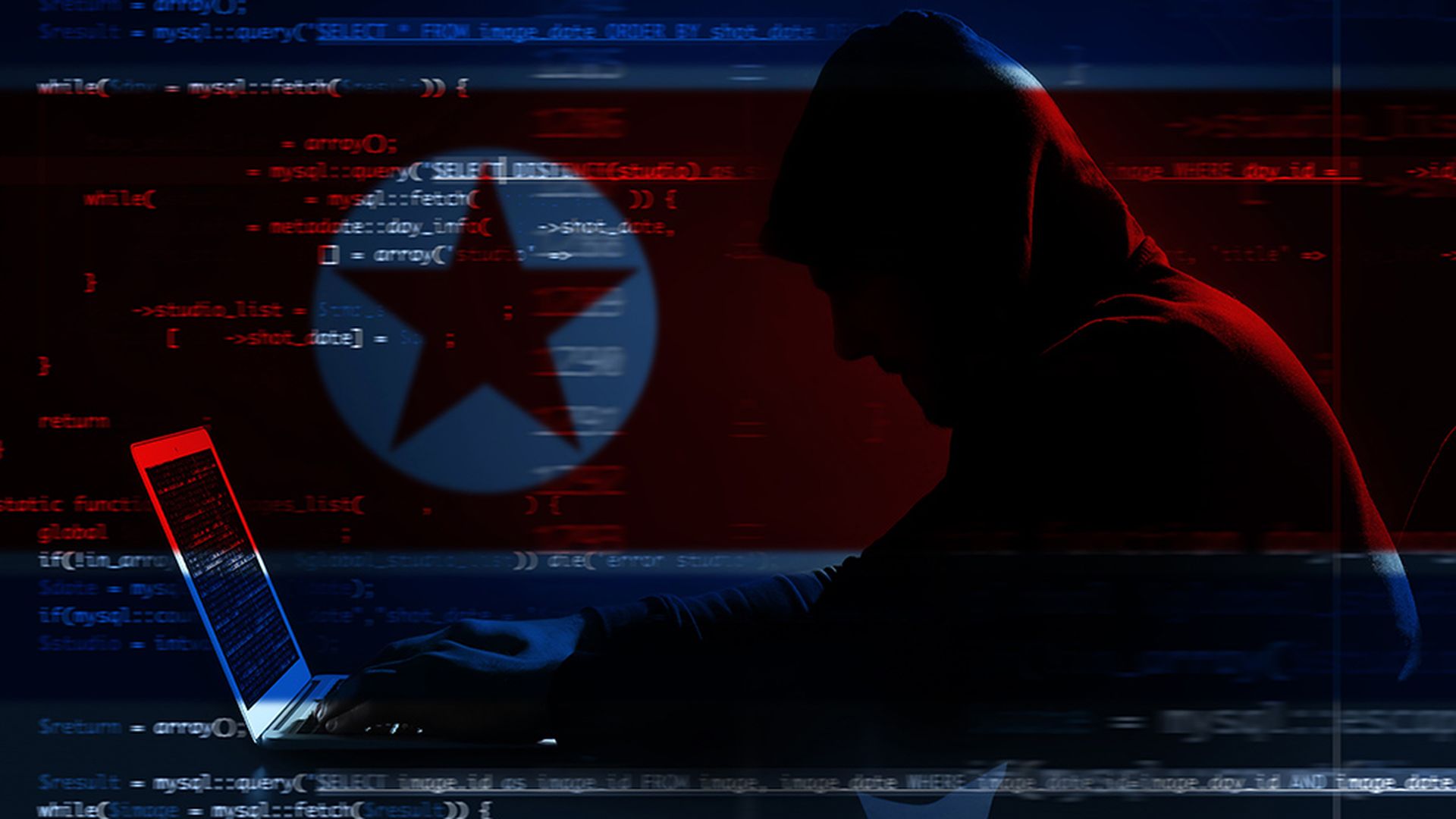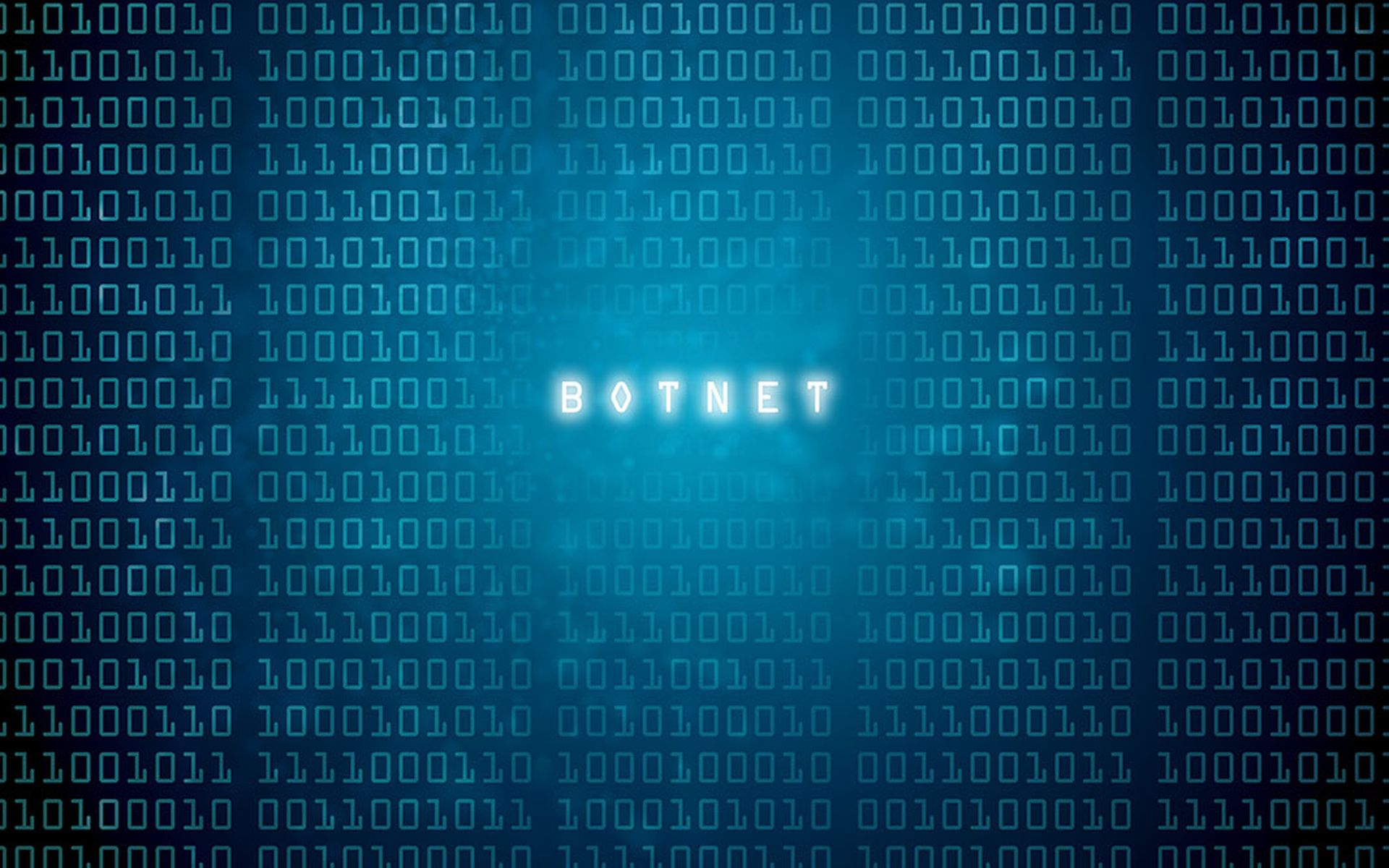U.S. soldiers may not charge into battle as they type away on their laptops attempting to fend off enemy cyberattacks any time too soon, but the U.S. Army Cyber Command is actively working on the role these troops will someday play on the battlefield.
The Army and the Department of Defense (DOD) have been involved in higher level cyber security issues for several years, but now field commanders are looking to push these assets down to lower tactical units where a commander can utilize their skills to make a vital difference on the battlefield. To that end the Army is in the process or running a series of field exercises to help develop a doctrine that can someday be implemented said Stratfor Security analyst Tristan Reed told SCMagazine.com.
The tasks assigned to the soldiers will be centered on snagging tactical intelligence from the enemy's communications systems that can be put to immediate use by a commander, as well as, defending our own forces from similar incursions, Isaac Porsche, the Rand Corp. associate director, forces and logistics program said to SCMagazine.com.
“The general concept is to bring this level of support to the corp and below,” Porsche said.
An army corp is a grouping of several army divisions, divisions in turn are comprised of regiments of infantry, armor and artillery. These regiments are then “brigaded” together in a specific way to perform missions. The idea is the brigade commander will have cyber troops at his disposal that can be used when and where needed just like any other unit.
Stratfor's Reed called this development “stunning” adding that while the threats now are low, but that will soon change.
“We see cyber as a form of maneuver being used in conjunction with all the other forms of maneuver,” said Army Major General Paul Nakasone, commander Cyber National Mission Force, during the recent Army Cyber- Today and Tomorrow panel.
Basically, the Army eventually will look at cyber as another branch like artillery, infantry or armor.
The Taliban and ISIS don't have sophisticated cyber capabilities, but there are other actors on the world stage that do, Nakasone said citing one brigade commander as saying a cyber attack is the biggest threat facing his unit.
Even though finding internet security personnel is tough in the private sector, Reed did not think the military will have an issue recruiting and training soldiers to fill out the units that it is in the process of creating.
“The U.S. government has a great deal of talent already to train people, but it will struggle incorporating them into all levels,” Reed said.



